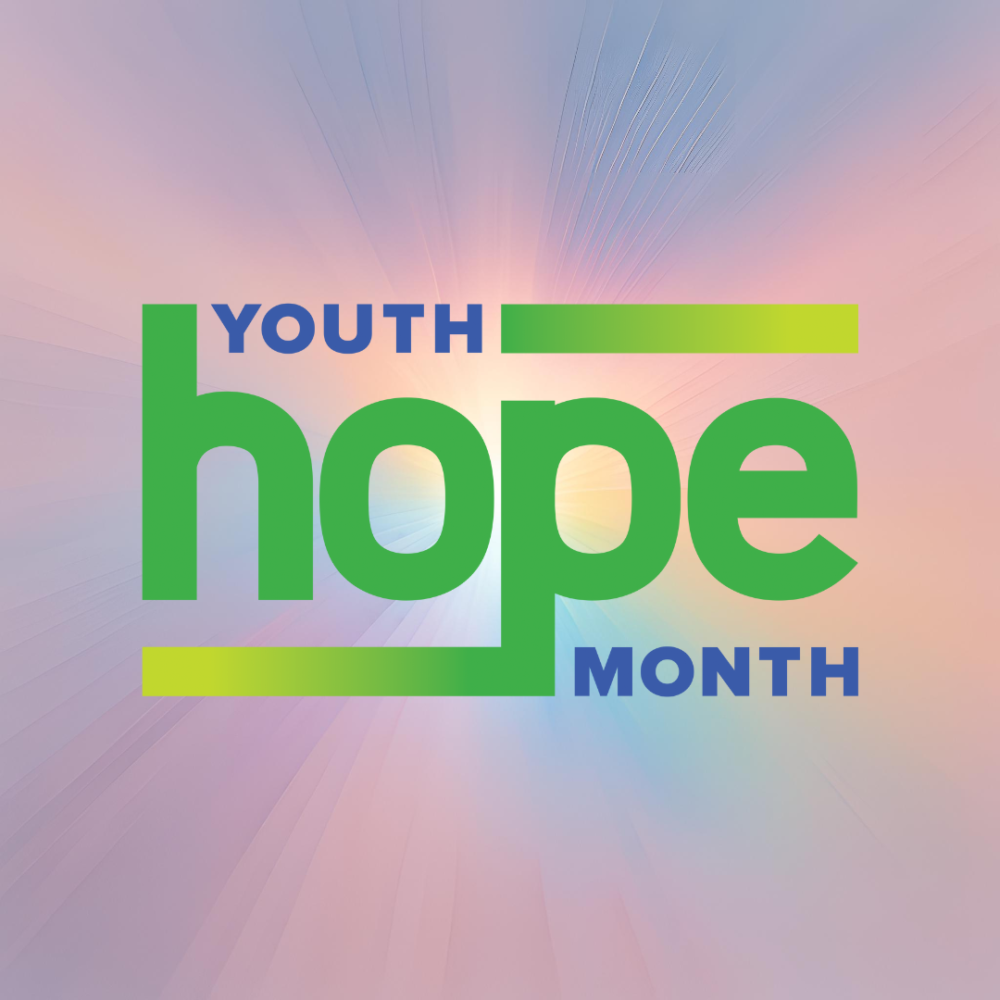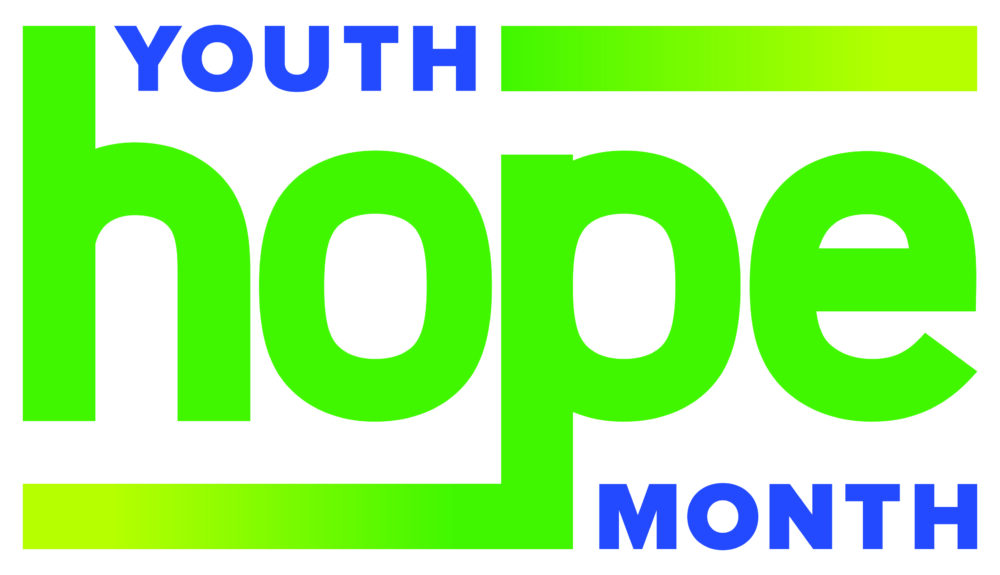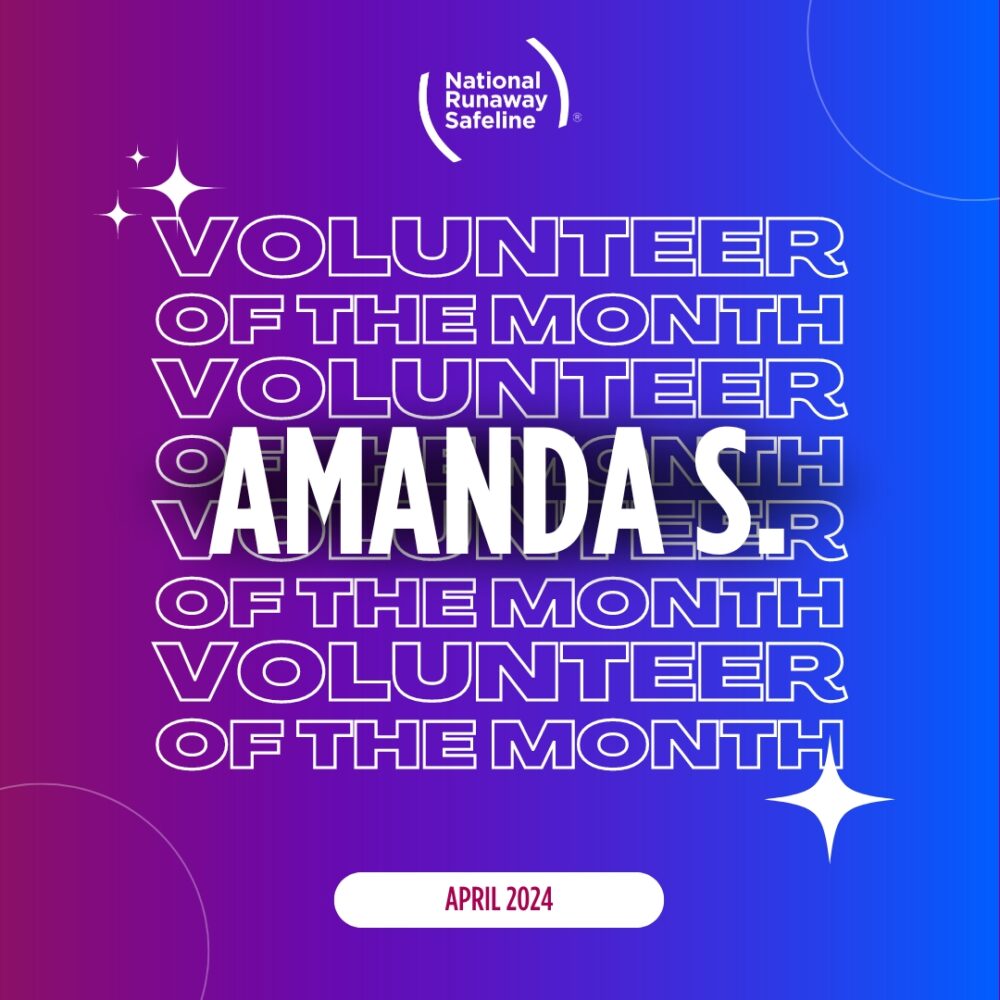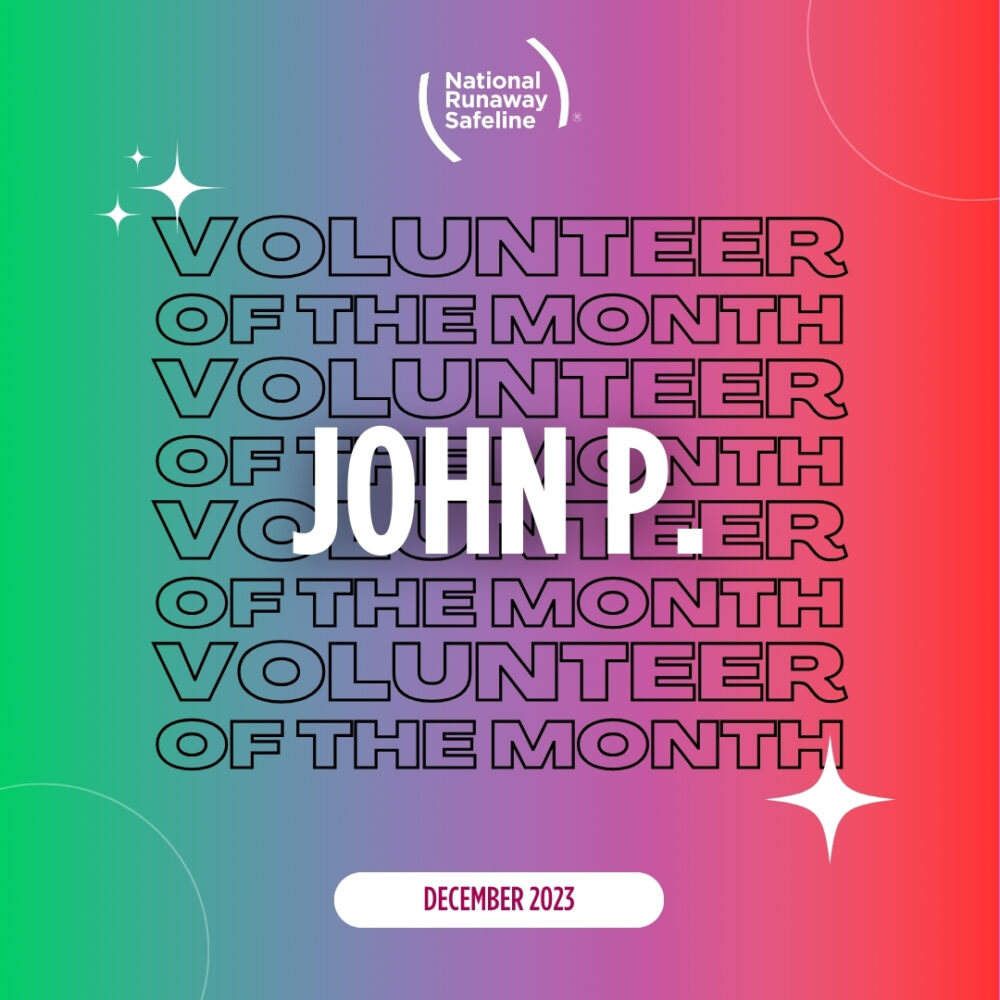 Who’s on your Bus?
Who’s on your Bus?
Written by Leslie Gonzalez, NRS Intern
Identifying and connecting with supportive people in our lives can help to reduce our stress. These can include family members, friends, or that one person you know you can talk to whenever you need it. Especially now, when we’re being asked to practice social distancing in response to COVID-19, it is important to know who you can turn for help.
It may be difficult to receive these kinds of support while social distancing right now but there are other ways to connect with friends and family virtually! A few types of social support that you could receive are:
- Reminders of your value and worthiness
- Feedback and constructive criticism
- Emotional support (Listening as you vent)
Not only is it important for you to know what kind of support you may need, but who may be the person you would go to for that kind of support.
We use an activity in our Let’s Talk: Runaway Prevention Curriculum called “Who’s on your Bus?” to help identify the supportive people in our lives. This is a simple exercise that you can do to contemplate who you can go to when you are faced with a challenge. Below are a few questions you can answer to get started:
- Who are the important people in your life?
- Who helps you make important decisions?
- Are there some that have more influence over your decisions than others?
- Do they help you make good decisions? Sometimes, always or never?
- Are these people you can count on in times of need or trouble?
Once you have this list of the people in your life (or “on your bus”), try considering what types of support they may provide. Who would you count on if you needed advice about school? How about if you needed relationship advice, who would you trust? Or even think as simple as who you would call if you needed ride somewhere?
Understanding the role different people play or even the different types of support they can provide can help us know who to reach out to for each situation. Some people in our lives might not know how to provide the support we need or don’t feel comfortable giving advice so understanding the boundaries of our relationships and getting to know ourselves is important. We all have different ways of coping and that’s great! Getting to know what works for you can make all the difference.
It’s also important to remember that there is so much support outside of our personal circles. The National Runaway Safeline can be both a listening ear and a connection to resources or information you might need in a crisis. You can reach out to us any time by calling our free, confidential hotline at 1-800-786-2929 or using our live chat via 1800RUNAWAY.org. We’re here for you 24 hours a day, 365 days a year.
Thinking about who you would call in different situations can help you feel less stressed when you need a specific type of support. Connecting with people when you are feeling scared, alone or down especially during this uncertain time can make you feel less lonely, which can make all the difference. Isolation and being alone can feel overwhelming; therefore it is important to reach out via phone, text or email when you need to talk. We are here to listen and help 24/7 at the National Runaway Safeline.
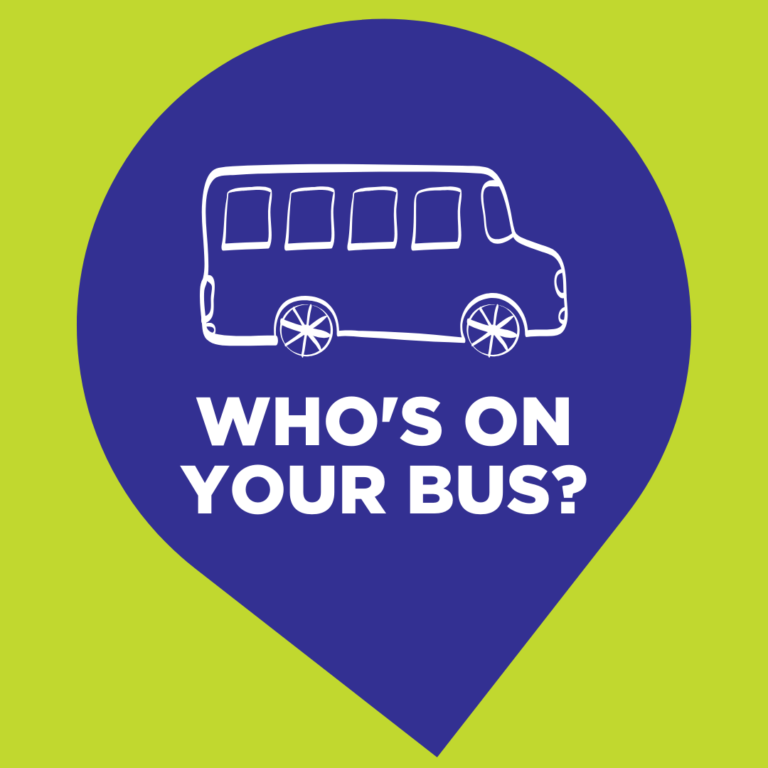
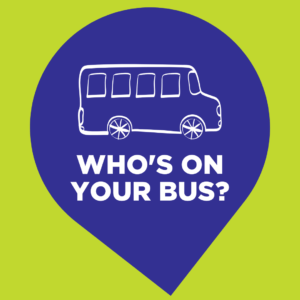 Who’s on your Bus?
Who’s on your Bus?